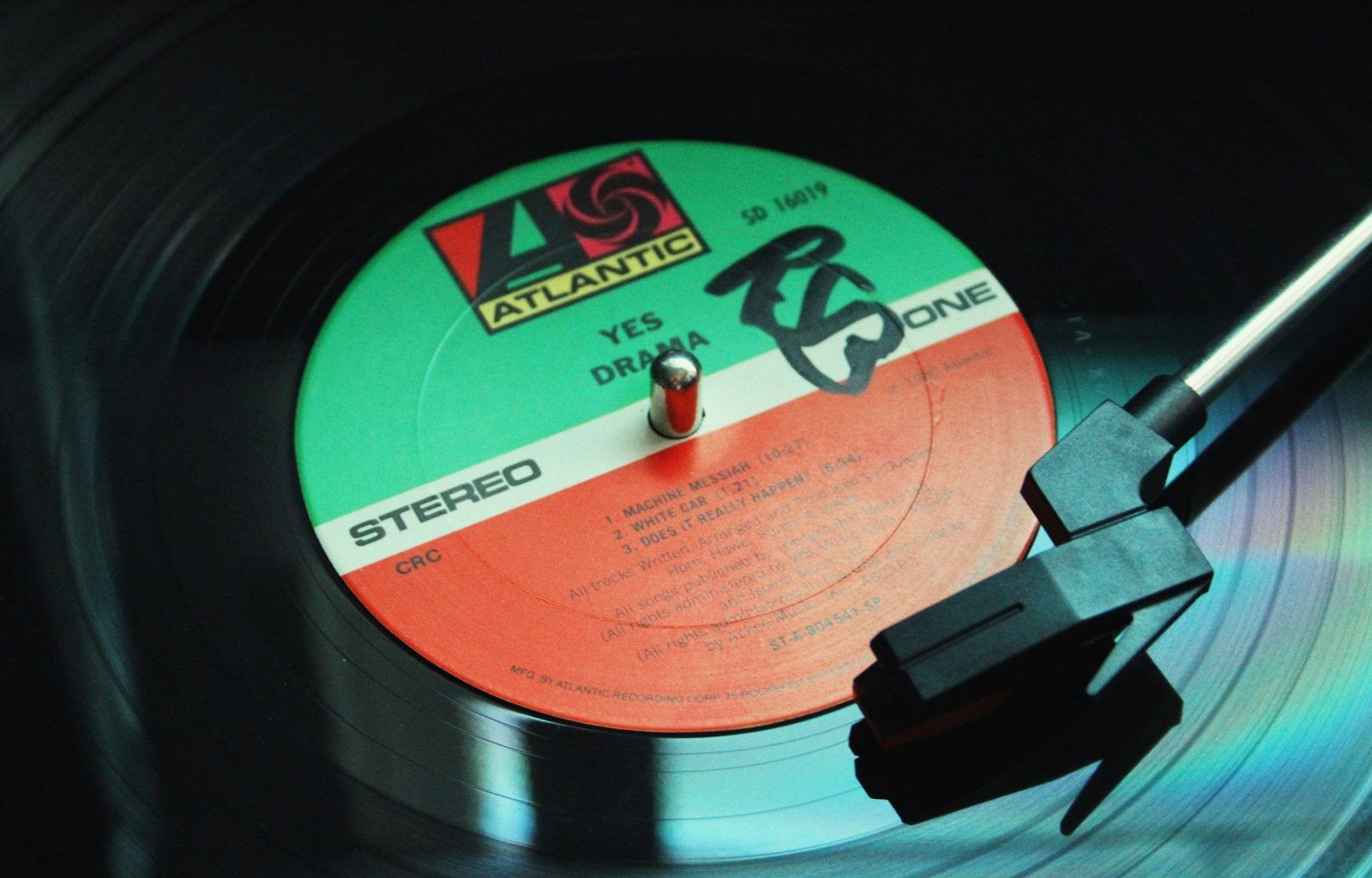Are you passionate about music and dream of creating your own music record label? Starting a label can be an exciting and rewarding journey. You get to discover artists, promote their music, and bring new sounds to the world. However, like any other business, it comes with its own challenges. This guide will walk you through the steps to start and run a successful music record label. Let’s get started!
What is a Music Record Label?
A music record label is a company that produces, distributes, and promotes music. Labels play a key role in the success of musicians. They help artists record songs, reach audiences, and grow their careers. There are major record labels, like Universal Music Group, and smaller independent ones known as indie labels.
With the rise of streaming platforms and social media, starting a record label has become more accessible. You don’t need millions of dollars to begin—you just need passion, dedication, and the right strategies.
Why Start Your Own Music Record Label?
If you love music, starting your own label can be incredibly fulfilling. Here are a few reasons why people choose this path:
- Empowering Artists: A music record label gives you the chance to discover talented artists and help them share their music.
- Creative Freedom: You decide the type of music your label produces and promotes.
- Building a Brand: A successful record label can become a recognized name in the industry.
- Revenue Potential: While the journey is challenging, a successful label can generate significant income.
Whether you aim to work with local musicians or international artists, a record label can make a big difference in the music world.
Steps to Start a Music Record Label
Now that you understand the basics, let’s dive into how to start your own music record label. Follow these steps to turn your dream into reality.
1. Define Your Vision and Goals
Before you do anything, you need a clear vision. Ask yourself:
- What kind of music will your label focus on?
- Do you want to sign independent artists, or are you open to all genres?
- What are your short-term and long-term goals?
Having a clear direction will help you stay focused and motivated. For example, you might want to build a niche label that only works with hip-hop artists. Alternatively, you could aim for a broader focus, such as pop and electronic music.
2. Understand the Music Industry
The music industry is competitive, but it’s also full of opportunities. Take time to study the market:
- Research successful music record labels and their strategies.
- Learn about royalty payments, music licensing, and publishing rights.
- Keep up with trends like streaming services, TikTok promotion, and digital marketing.
Understanding the industry will give you a big advantage. You’ll know what works and how to avoid common mistakes.
3. Create a Business Plan
A solid business plan is essential for your record label. It doesn’t have to be overly complicated, but it should include:
- Mission Statement: What is the purpose of your music label?
- Budget: How much money will you need to launch?
- Revenue Streams: Will you make money from streaming, merchandise, live shows, or licensing deals?
- Marketing Plan: How will you promote your artists and grow your label?
This step ensures you’re prepared for the challenges ahead. It also shows potential investors or partners that you’re serious about your label.
4. Choose a Name and Brand for Your Label
Your record label’s name is important. It should be memorable, unique, and reflect the style of music you produce. For example:
- If you focus on indie rock, choose a name that feels authentic and creative.
- If you target pop music, the name should be catchy and modern.
Once you have a name, design a professional logo and brand identity. This will help your label stand out in the crowded music industry.
5. Legalize Your Record Label
Like any business, a music record label needs to follow legal requirements. Here are a few steps to make your label official:
- Register your business: Choose a business structure (LLC, partnership, etc.) and register your label.
- Get the right licenses: You’ll need music licenses and agreements to distribute music legally.
- Draft contracts: Work with a lawyer to create artist agreements, licensing contracts, and royalty terms.
Taking care of the legal side early will save you headaches down the road.
6. Build Your Team
Running a music record label isn’t a solo job. You’ll need a team of people who share your passion for music. Here are some key roles:
- A&R (Artist and Repertoire): They discover new artists and help develop their sound.
- Producers: Music producers create and mix songs for your artists.
- Marketing Specialists: They promote your label and artists online and offline.
- Legal Advisors: Lawyers ensure your contracts are solid and protect your label.
If you can’t hire a full team right away, start small and grow as your label expands.
7. Discover and Sign Artists
This is where the real fun begins. Your label’s success depends on the artists you work with. Look for musicians who:
- Have talent and a unique sound.
- Share your vision for the label.
- Are motivated to succeed and willing to put in the work.
Use platforms like YouTube, SoundCloud, and social media to discover fresh talent. Attend local gigs, reach out to artists, and build relationships. Once you find the right artists, sign them to your label using fair and transparent contracts.
8. Record and Produce Music
The next step is to help your artists create amazing music. Set up recording sessions and work with experienced producers. High-quality production is essential, even if you’re starting on a tight budget.
Today, you don’t need an expensive studio to produce great music. Many successful songs are made in home studios with affordable equipment.
9. Distribute Your Music
Once the music is ready, it’s time to share it with the world. Modern distribution options include:
- Streaming Platforms: Upload music to Spotify, Apple Music, Amazon Music, and others.
- Digital Stores: Use platforms like iTunes or Bandcamp.
- Physical Copies: Vinyl records and CDs can still attract niche audiences.
Work with digital distribution companies like DistroKid, TuneCore, or CD Baby to get your music on streaming platforms.
For further reading, explore these related articles:
- How to Create and Optimize Your SoundCloud Artist Account for Success
- How to Record Vocals at Home: The Ultimate Beginner’s Guide
For additional resources on music marketing and distribution, visit DMT Records Private Limited.






